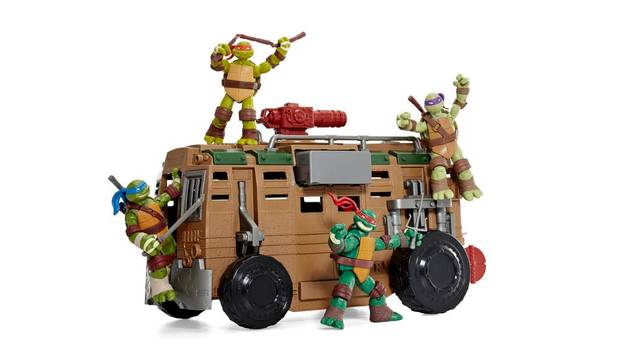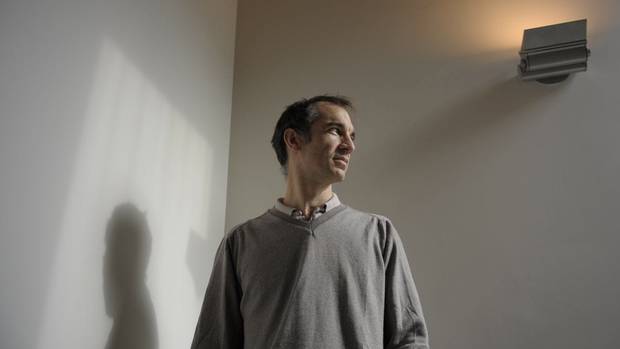Reaching equality between man and women has always been a struggle ever since the woman’s movement. However, inequality is still a problem in contrast between the roles of man and woman in the workforce. It is given fact that different regions of the world have different perceptions of genders; which are determined by their values and beliefs. I feel that it is also believed that there are certain qualities to qualify for a given job, thus these qualities are sometimes viewed as a selective perception. Furthermore, this leads to the bias of roles of man and woman. For instance, within a culture, people may believe that woman does not have the quality of a man to take on great power or to “even control a large amount of budget” due to a variation in personality qualities that defines a man and a woman. How is this definition accurate when these characteristics to define a gender are based on stereotyping, bias statements and a selective perception? All of these would only mean inequity between the roles of a man and woman. Does it mean that woman will just resist knowing they will always be second up next to the man?
Monthly Archives: November 2012
Response to: Why there is no McDonald’s and Starbucks in Vietnam?
According to the blog post “Why there is no McDonald’s and Starbucks in Vietnam?“, I definitely agree on the fact on why both of these two successful companies are not compatible with Vietnam, considering the economy of Vietnam, and also the barrier to entry. Market demands are significantly different and in fact from personal experiences in Vietnam, I would definitely prefer my coffee with condense milk over coffee brewed with milk and what not. In addition, Vietnam has a condense market when it comes to the “coffee industry” where monopoly doesn’t even exist considering how within a block there would be a coffee shop nearby and product differentiation is little to nothing. In contrast of Canada to Vietnam, Starbucks would be one of those monopolistic companies dominating the coffee industry here and they would compete with competitors by being more “attractive” than your local coffee shop to become dominant. Moreover this is nearly impossible to happen in Vietnam. And as for McDonalds to enter Vietnam with the high priced food on the menu would be seen to be unattractive to customers compared to establish fast food restaurants such as KFC and Lotteria.
Tough Economy Leads to trying times for toy makers
Over the past year of 2012, a decline in the toy sales industry was estimated being 5-6% in decline, and it will only get worse as the holiday season approaches. Substitution threats for these traditional toys would be the “Tech Giants” such as apple and their releases of the iPad, phone, iPod etc.; in addition with new gaming apps that are seen to be more fun. I find it surprising how the new implementation of technology and innovation as shifted the demand of recreational “toys” for children, especially for boys since they consider app games to be more spontaneous and fun with no harm whatsoever. In contrast to the traditional toys, wanting fun and exciting doesn’t necessarily mean safe, thus gives the toy makers a comparative disadvantage. For example, in an average household, new technologies are being used and promoted therefore the children’s of those family would be brought up with technology being a norm unlike families back a decade ago. In means of the survival of these toy making companies such as Hasbro and fisher price must excel in innovation since it is key in capturing back the attention of their consumers.
 It is said that retro toys are definitely back in for the holiday season.
It is said that retro toys are definitely back in for the holiday season.
Response to: Blog: The Business Ethic Blog
In the blog Profiting from Prison Labour, the author juxtapositions what is seen to be an unethical practice and how it is seen not to be so. Prisoners are being paid half of the wage of a non-prisoner; moreover, this is just another form of cheap labour where potential jobs for non-prisoners are nonexistence. I do agree that this issue can be seen is not unethical under the conditions if there is no force implemented on the prisoners to work and also if they do not have a problem with the pay. However, what is brought to my concern is how would a company is perceived through the lens of a consumer; which, in fact varies depending on their values and beliefs. Therefore there is large variance in how an organization is perceived under the sectors concerning human resource management. From how I see it, ethical or not, this is mostly determined by the consumers and how they would respond to such action of an organization. This would impact the company significantly if they are seen as “unattractive” by their consumers in such ways that would hurt them financially and their image.
 Above is Ph.D, an educator, speaker and consultant in the sector of Business Ethics, Chris MacDonald.
Above is Ph.D, an educator, speaker and consultant in the sector of Business Ethics, Chris MacDonald.
How your name will determine your liabilities for success within the workforce
In Canada multiculturalism is seen to be a norm, especially where I come from. However, according the article “How an ethic-sounding name can affect the job hunt” a study conducted had sent out 7000 resumes to potential employers and numbers significantly proves the fact that a name is an identity but it also determines an individual’s liabilities for success. Employers of Companies who are reluctant to change may be based on their rigid organizational culture where implementing change would throw off their norms within the organization. This would come with a price since if there’s a resistance to change then there is a resistance to new knowledge and people with a different set of skills being rejected. Thus, keeps an organization idle when wanting to grow in sectors of organizational efficiency, employment structure and innovation. Although it is hard to change the norms of an organization; the nature of the workforce, technology, social trends and world politics will only be acted upon with change and this may particularly be change in an organizations employee structure.
 Above is researcher; Philip Oreopoulos, assistant professor of economics at the University of Toronto and co-author of the study.
Above is researcher; Philip Oreopoulos, assistant professor of economics at the University of Toronto and co-author of the study.
Response to: A financial divulgence behind viral KPOP music video “Gangnam Style”?
To my surprise of watching the video many times; never has it occur to me that the video portrays such irony in contrast between the luxurious living styles in Gangnam vs. the living style in areas ranked below it. From my analysis the video seems like it is portraying Korea in the sectors of materialistic living, thus from a point of view can be seen as largely branding the nation of Korea. Therefore, I would assume people being exposed to the Branding of Korea would want to live largely like them and if they cannot then they would likely want to max out their credit card. This also brings a concern as to how the nation could afford such expenditures considering how on average an adult would have at least five credit cards. Moreover, with the combination of Korea’s free spending on luxurious things, maybe the branding of the Nation through the Gangnam style video is really to encourage Korea’s economic growth by exposing the world to the things that are Korean made, and branded.
The picture above is the contrast in irony between the two separate lives being compared


